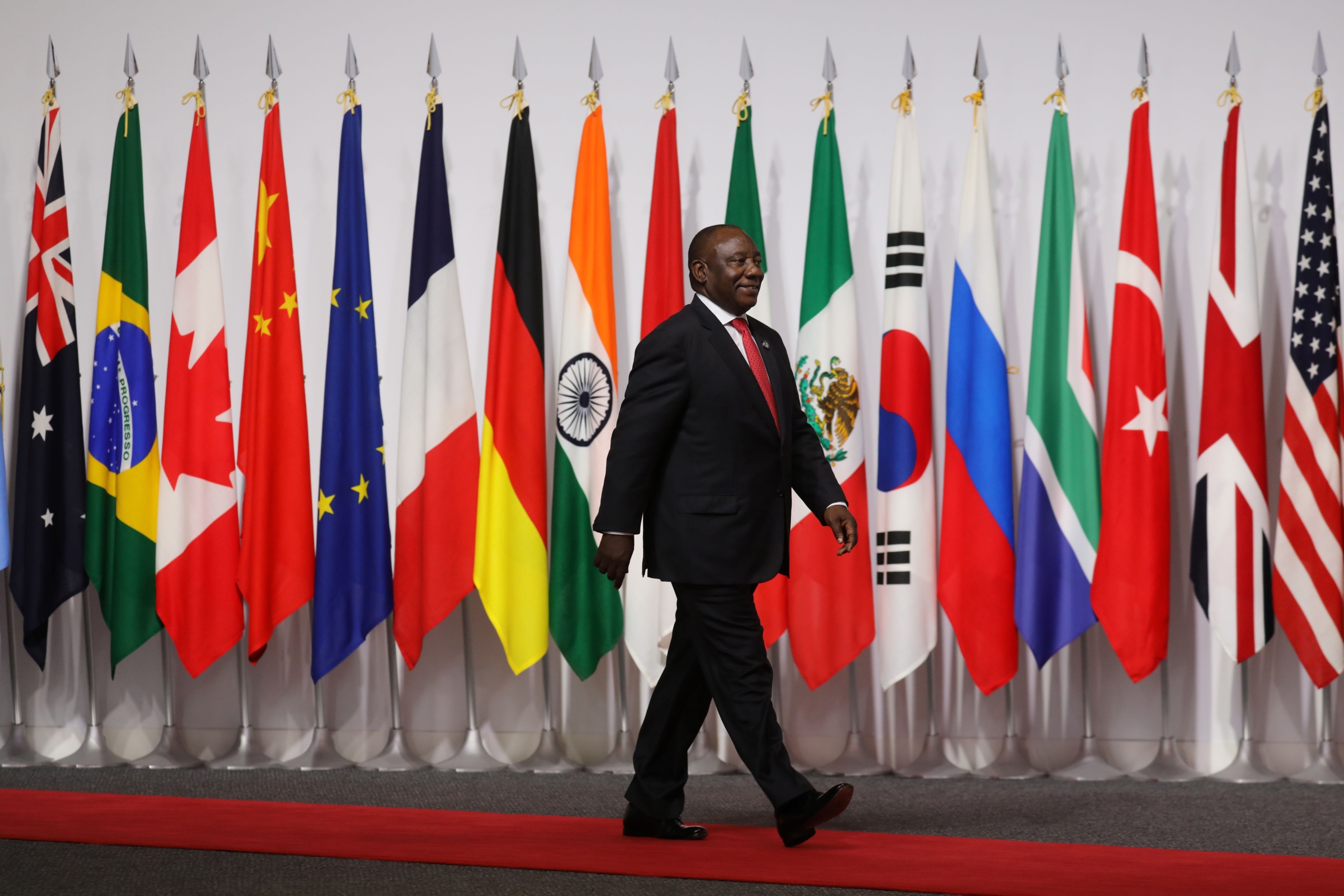Nigeria has taken a bold step toward responsible AI adoption with the release of its Draft Code of Practice for Artificial Intelligence by the National Information Technology Development Agency (NITDA) in July 2025. This groundbreaking policy aims to address pressing concerns around generative AI tools, such as bias, fake news, data privacy, and accountability, positioning Nigeria as a leader in ethical AI governance in Africa.
Announced by NITDA’s Director-General, Kashifu Inuwa Abdullahi, during a stakeholders’ workshop in Abuja, the AI Code of Practice provides a voluntary framework for developers, deployers, and users of AI systems. It targets issues like transparency in AI decision-making, ethical use of data, and mitigation of risks in high-stake sectors like healthcare, finance, and security. The code aligns with Nigeria’s Draft National AI Strategy (August 2024), emphasizing a human-centered approach rooted in principles of fairness, inclusivity, and accountability.

Key provisions include mandatory bias audits for AI algorithms, clear guidelines for data consent, and requirements for explainable AI to ensure users understand automated decisions. The policy also encourages the adoption of privacy-enhancing technologies like differential privacy and federated learning, particularly for organizations handling sensitive data. “This code is our blueprint to harness AI’s potential while safeguarding our people,” Abdullahi said, highlighting its role in supporting Nigeria’s ambition to become West Africa’s AI hub.
The initiative has sparked enthusiasm among tech stakeholders. Dr. Olusola Ayoola, CEO of Robotics and AI Nigeria, called it “a proactive step to balance innovation with responsibility.” However, challenges like limited AI expertise and enforcement gaps remain. The code, still in draft form, is open for public input until September 30, 2025, with plans for finalization by year-end.
This policy builds on Nigeria’s broader AI agenda, including the National AI Strategy and the 2023 Nigeria Data Protection Act, reinforcing its commitment to ethical AI that drives economic growth while protecting citizens’ rights.




